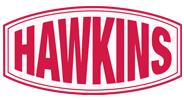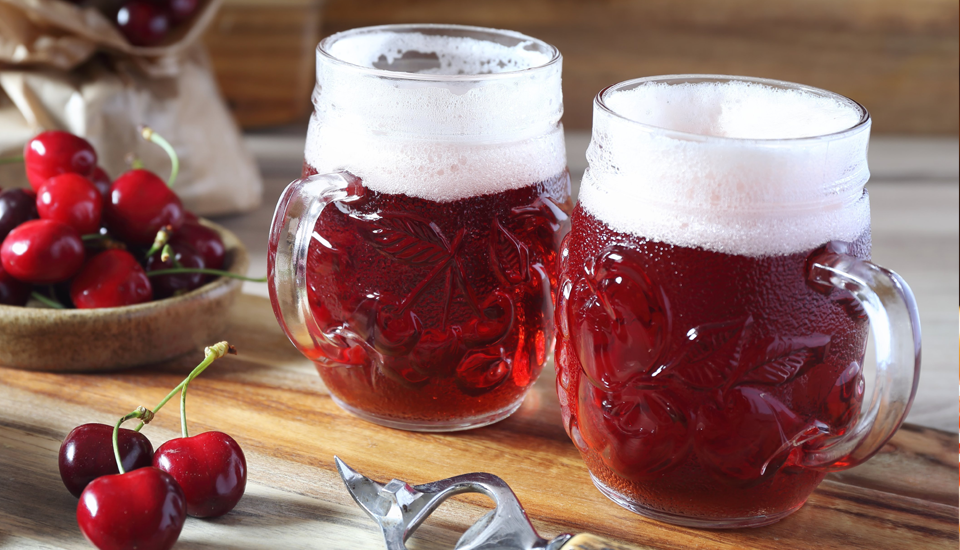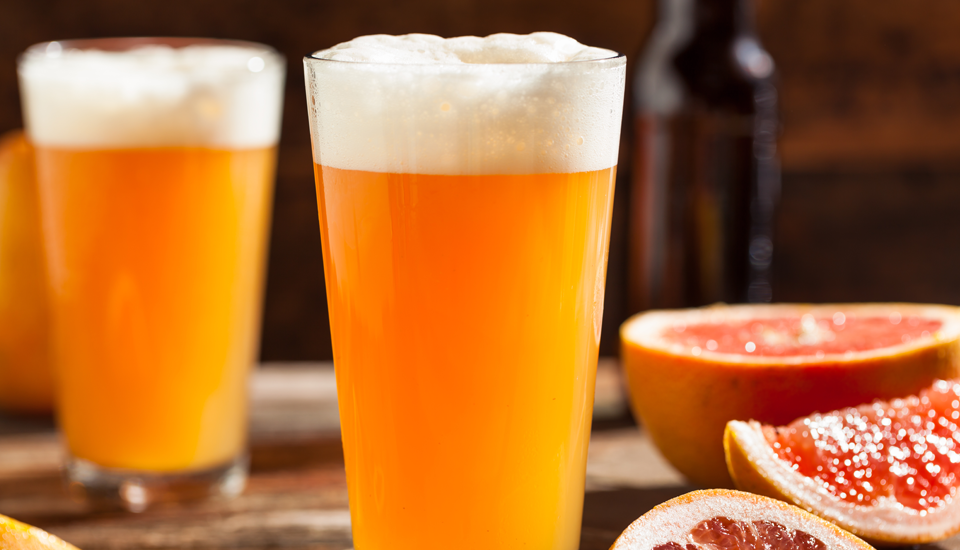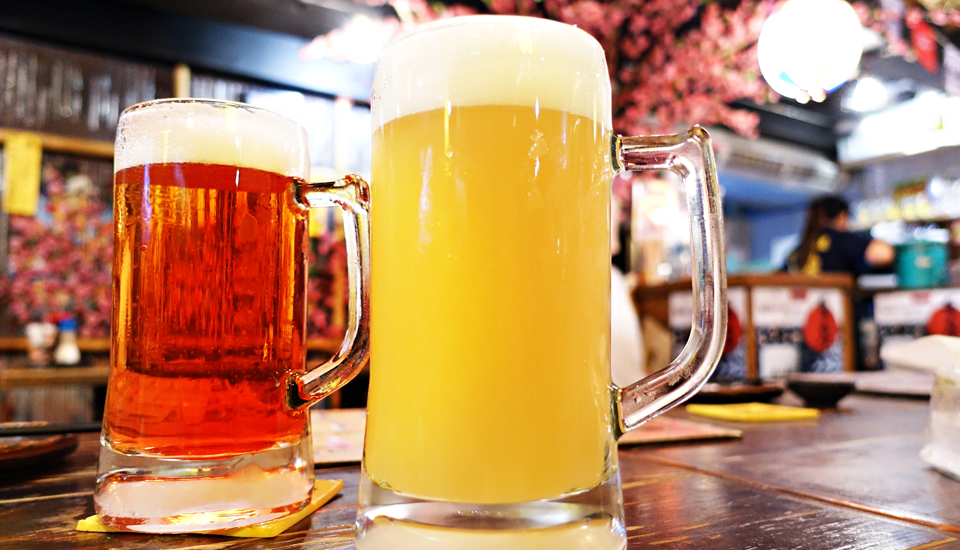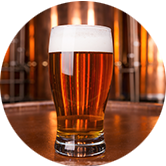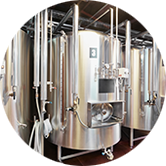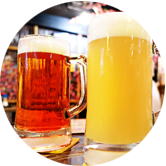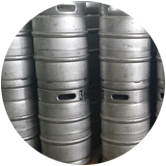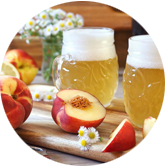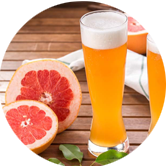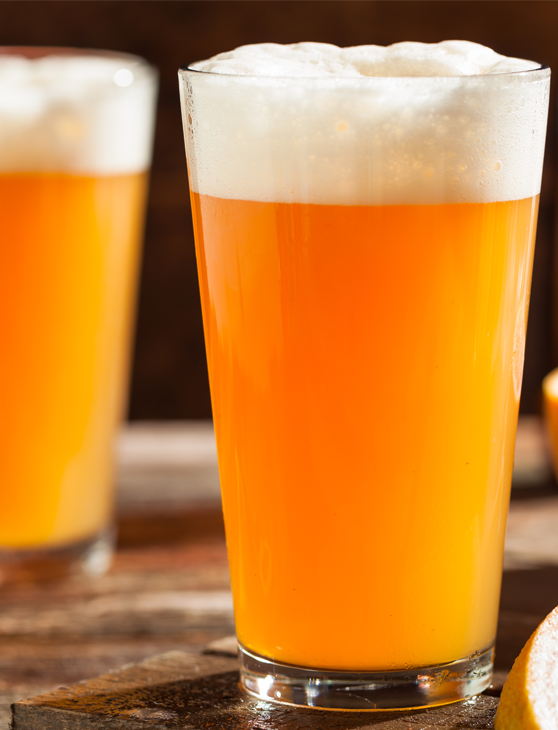
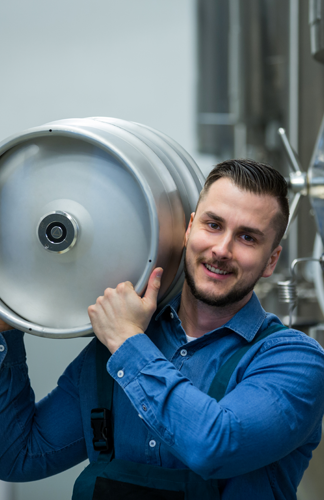
We’ve discovered
a formula for success.
The production of sour beer is a risky and specialized form of brewing. Originally brewed several hundred years ago in Europe, sour beer has become popular around the world. In the United States micro brewing community, sour beers have begun to develop devoted followers similar to that of the IPA when it was first introduced.
Producing sour beers typically involves introducing specialized yeasts and bacteria strains, which can wreak havoc in a brewery if not properly contained. Because of this, many brewers have avoided the sour beer trend despite an increase in demand for these beers. Souring blends are a new alternative to the traditional souring process.
